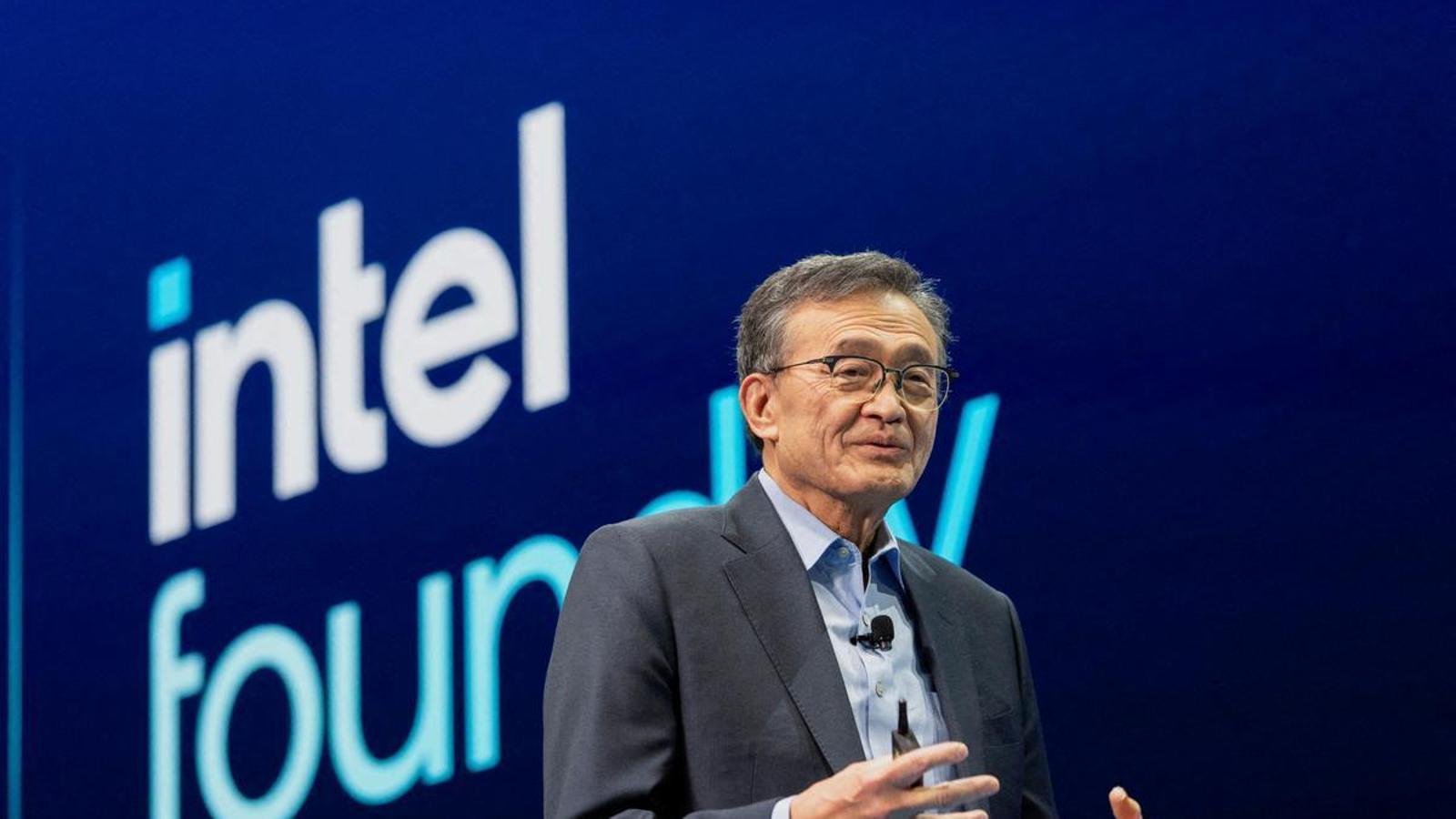Intel acquisition reveals Trump's new pattern of pressure on businesses
The chip company is not the only one that has done business with the White House under threat.


WashingtonThe US government's purchase of 10% of Intel shares broke with the trend of the country's economic policies. In fact, it evokes the measures of times of crisis. The adjective "unusual" has become increasingly common to describe the president's actions, and the acquisition of shares in the US chipmaker once again calls for his attention. Unease has settled in the Republican Party—some of its members wrinkle their noses because they say the purchase smacks of "socialism"—and in other US companies. Not in vain: "I expect to have many more cases like this," said the Republican three days after the transaction.
Beyond the US government's involvement in a private company—with the risks it can entail in the event of losses or bankruptcy—the nervousness stems from how the transaction was carried out. The purchase of 10% of Intel shares dates back to Trump's threats in early August, when he demanded the resignation of its CEO, Lip-Bu Tan. The president accused him of having ties to the Chinese Communist Party.
"The CEO of Intel is highly conflicted and must resign immediately," he wrote to Truth Social. "There is no other solution to this problem." In the postTrump also explained that the company's stock was falling more than 3%. The comment came the day after he threatened to impose 100% tariffs on imported semiconductors and chips, which favored Intel as a company that manufactures in the US.
The accusations against Tan arose from a letter sent by Arkansas Senator Tom Cotton to the company's president, Frank Yeary, in which he expressed his concerns about Tan's investments and ties to semiconductor manufacturers known to have ties to the Communist Party.
Four days later, and with a call in between, Tan visited the White House to meet with Trump. Also present at the meeting were Commerce Secretary Howard Lutnick and Treasury Secretary Scott Bessent. Little is known about what they discussed. Just Trump's cryptic message on Truth Social: "The meeting was very interesting. Your success and growth is an incredible story. Mr. Tan and my Cabinet will be spending a lot of time together and will be presenting proposals over the next week."
No sooner said than done, the week after the closed-door meeting, Trump announced his plans to buy Intel's shares and, this past Monday, he stated that he would seek out similar investments "as much as possible." "People come and everyone needs something," the president said. "I hope to have more cases like [Intel's]."
The statement was not innocent and confirms a pattern that seems to be becoming the president's new economic strategy, with which he tries to obtain favorable concessions when companies need help. In order to acquire US Steel, the Japanese company Nippon Steel agreed to grant the United States government a "golden share" to influence the company's direction. Amid the ban he imposed on microchip exports to China, Trump allowed Nvidia to sell them again in Beijing in exchange for 15% of its revenue from chip sales in that market. A commitment that White House lawyers are still unclear on how they can execute.
Apple is another textbook case: after Trump threatened the company with 25% tariffs on its products earlier this year, it has successfully persuaded CEO Tim Cook to commit to investing a total of $600 billion in the United States. This August, Cook announced the investment of the last $100,000, in addition to giving the president a gift: a glass sculpture made in Kentucky and mounted on a 24-karat gold base made in Utah.
In a way, Trump creates unfavorable environments for companies so that they end up approaching him for help. While some analysts view him with curiosity, the political reactions are disparate and equally unusual. For example, independent Senator Bernie Sanders, one of the most left-wing figures within the Democratic caucus, celebrated Trump's measure. An idea difficult to conceive considering that Sanders is one of the most critical voices of the president, and who is not one to mince his words when it comes to calling him an autocrat.
Paradoxically, the Republican parish that usually praises everything Trump does was panicking. "Today it's Intel, tomorrow it could be any other industry," he said in a statement to Political Senator Rand Paul (R-Kentucky) said Thursday. "Socialism is literally government control of the means of production." Senator Thom Tillis (North Carolina) said he was "uncomfortable" with Trump's use of federal power to influence decision-making, not only at Intel but also at other large companies that have tried to curry favor with the White House, such as Apple. "I don't care if it's a dollar stake or a billion dollar stake," Tillis told reporters. "This is starting to look like a Soviet-style semi-public company."
